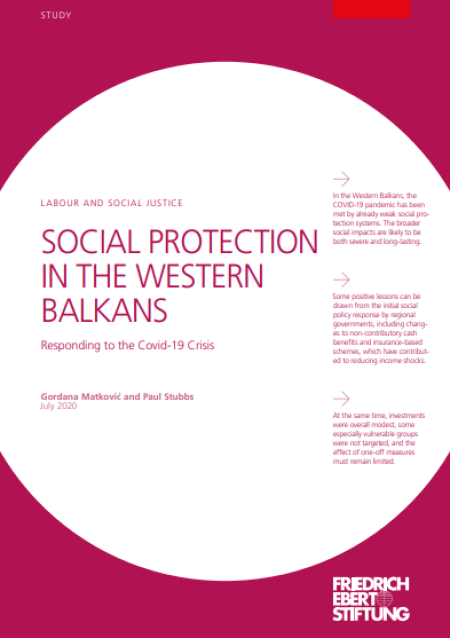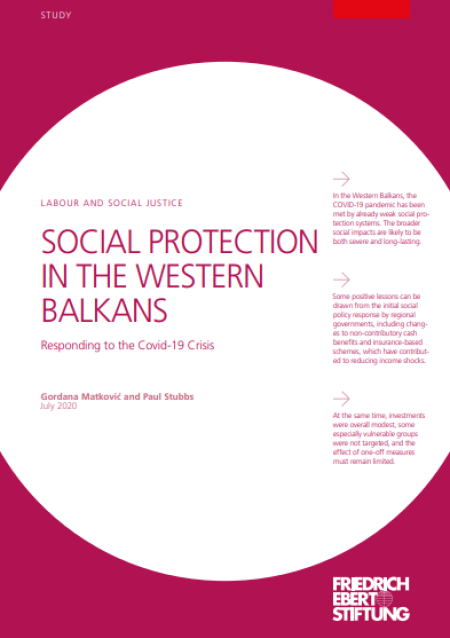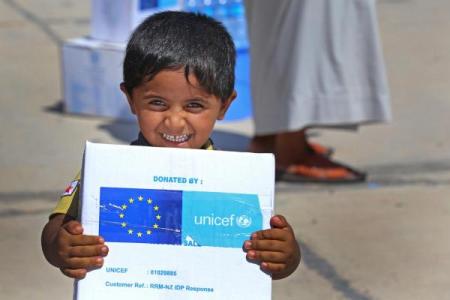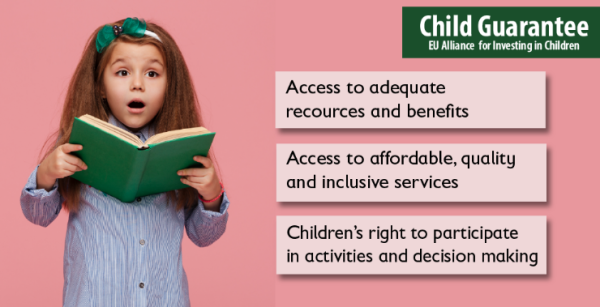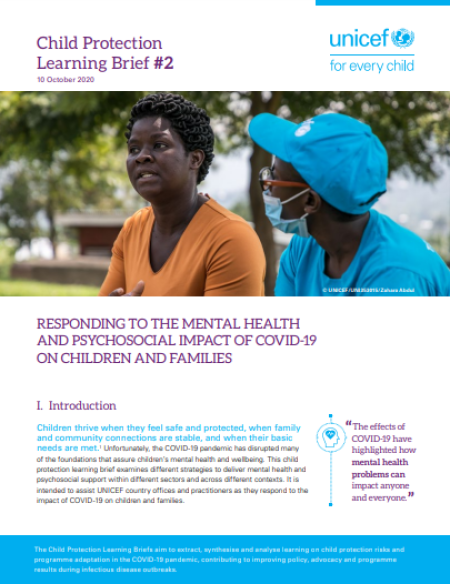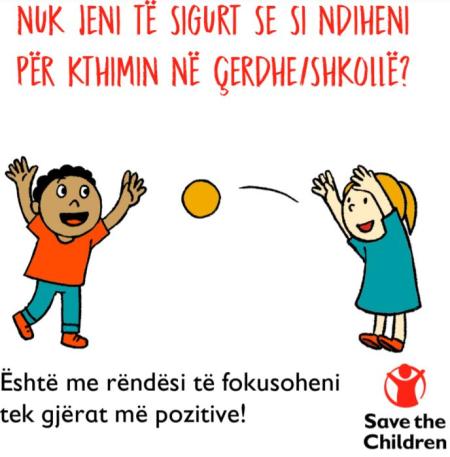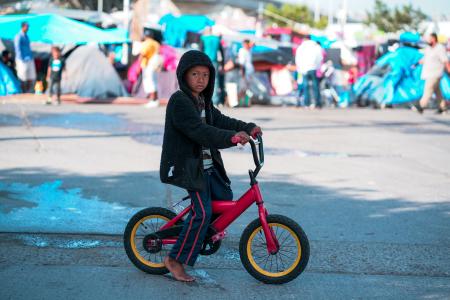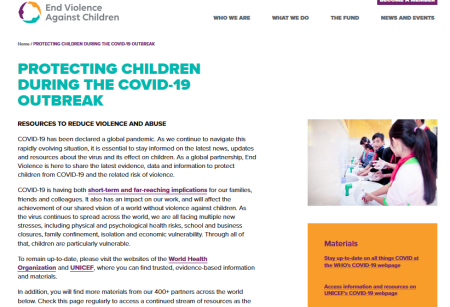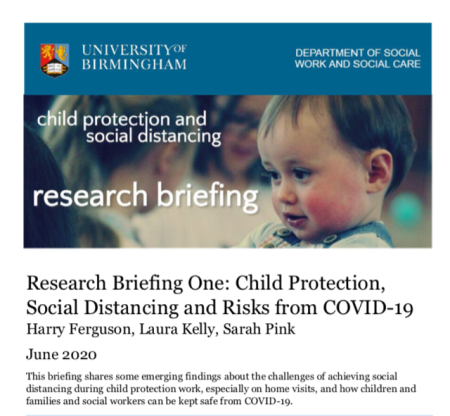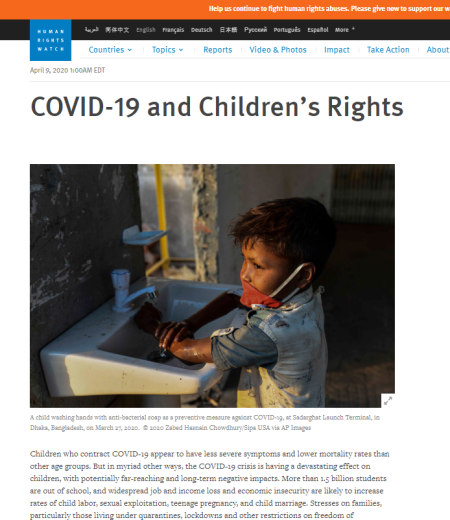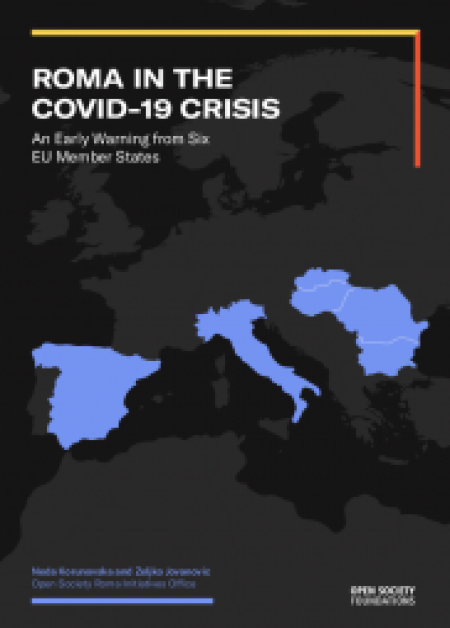
Regional social policy experts of the Future of the Welfare State in the Western Balkans network, prof Gordana Matkovic, PhD and Paul Stubbs, PhD prepared this study, with the support of Friedrich-Ebert-Stiftung and the countries included are Albania, Bosnia&Herzegovina, Kosovo*, Montenegro, North Macedonia and Serbia.
In the Western Balkans, the COVID-19 pandemic has been met by already weak social protection systems. The broader social impacts are likely to be both severe and long-lasting. Some positive lessons can be drawn from the initial social policy response by regional governments, including changes to non-contributory cash benefits and insurance-based schemes, which have contributed to reducing income shocks. At the same time, investments were overall modest, some especially vulnerable groups were not targeted, and the effect of one-off measures must remain limited.
- The first part of the study is a brief overview of the most important social protection measures taken during the COVID-19 crisis across the Western Balkans.
- The second part proposes short-term social protection priorities, including emergency measures to be implemented in the event of a second wave.
- The third part focuses on a broader agenda for transitioning to sustainable reform of social protection across the region, revisiting the document Future-Oriented Welfare State Policies in the Western Balkans produced by the Network in December 2019.


